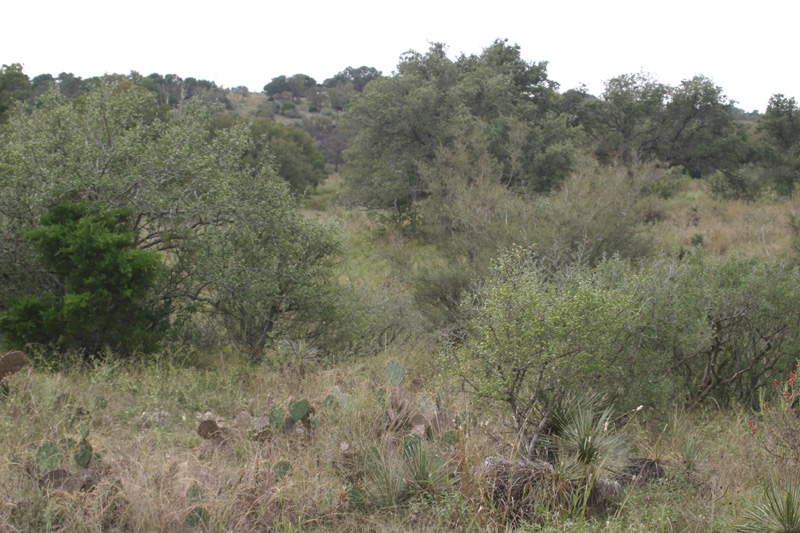Ag Property Taxes & Wildlife Management
Landowners that currently have an ag tax valuation on their property may consider the wildlife tax valuation. Taxes paid because of property ownership to the State of Texas, county or other entity can affect your ability to manage your land as you choose. These expenses should be at the forefront in planning whether you are thinking of buying land or planning next year’s management activities. The ag tax valuation for wildlife management is a viable way for land owners to maintain the low tax rate, but many Texas landowners know nothing about it. It’s not difficult to make the switch to wildlife, but is it for you?
Property taxes are decreased by having an agricultural valuation or a wildlife valuation when compared to a residential or commercial valuation. That said, just because you can meet the requirements for the wildlife tax valuation does not mean that you should convert your land. Think about your short and long term goals for the property, then choose the path that makes sense for you.

Land is often degraded when managed simply to receive an ag tax valuation. If this sounds like the case on your property, and it is of concern to you, then the wildlife tax valuation may be right up your alley. Landowners that switch ag lands to lands managed for wildlife for tax benefits should have a genuine interest in native plants and/or animals. Please consider your original purpose for the land before managing in a new or unknown way.
Land Trusts and Conservation Easements for Plants, Animals
Land trusts work with private landowners to create conservation easements that conserve or preserve the land into the future. While the landowner can retain ownership of the land, he or she voluntarily and permanently restricts certain uses such as land conversion. Several tax benefits can be associated with conservation easements: income tax deduction, reduced estate taxes, and possibly lower real estate taxes.
The amount and type of tax benefits depends on a variety of factors, so contacting tax professionals and land trust experts is important before making a decision on your land. To learn more about the tax implications of conservation easements, and to find a land trust near you, visit the Texas Land Trust Council website.
Estate Taxes
Estate taxes paid by those who inherit land are expected to fluctuate greatly over the next few years. These taxes should be considered when doing any kind of estate planning as they may affect your heir’s ability to keep the land as you intend it. The federal government collects estate taxes and information can be found by contacting the IRS.